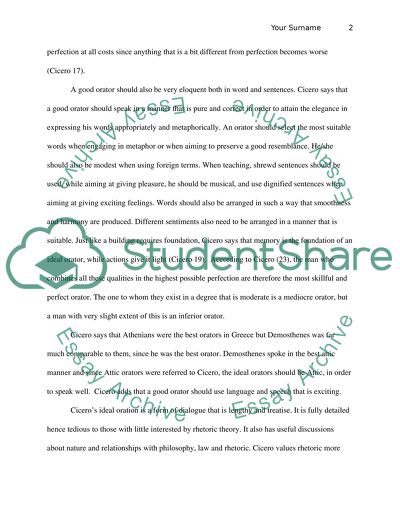Cite this document
(“Cicero's Background Information Term Paper Example | Topics and Well Written Essays - 1250 words”, n.d.)
Retrieved from https://studentshare.org/literature/1426427-cicero-on-the-best-style-of-orators
Retrieved from https://studentshare.org/literature/1426427-cicero-on-the-best-style-of-orators
(Cicero'S Background Information Term Paper Example | Topics and Well Written Essays - 1250 Words)
https://studentshare.org/literature/1426427-cicero-on-the-best-style-of-orators.
https://studentshare.org/literature/1426427-cicero-on-the-best-style-of-orators.
“Cicero'S Background Information Term Paper Example | Topics and Well Written Essays - 1250 Words”, n.d. https://studentshare.org/literature/1426427-cicero-on-the-best-style-of-orators.


